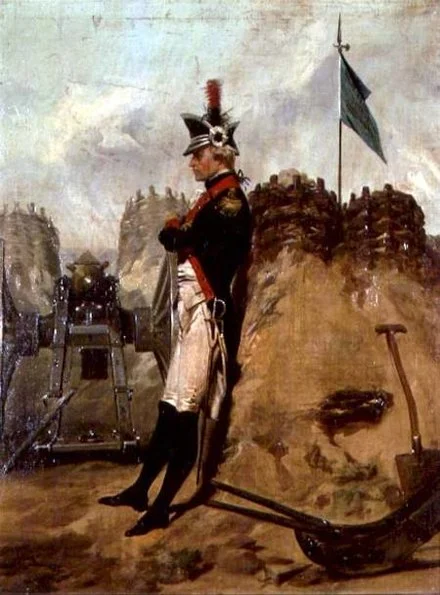Hamilton's Three Complaints - Federalist #21 - Alexander Hamilton
In Federalist #21 Alexander Hamilton specifically outlines his three main grievances with the Articles of Confederation.
Federalist #21
Alexander Hamilton
December 12, 1787
Other Defects of the Present Confederation
In Federalist #21 Alexander Hamilton discusses his main issues with the Articles of Confederation.
His concerns include the National Government’s inability to enforce its law, protect itself and the States, and money troubles. While these issues had been touched on in previous Papers, Hamilton here lays out the most upfront explanation so far.
This was all done, of course, to display the Constitution’s ability to correct these errors.
The Articles of Confederation
Before we discuss Federalist #21’s criticism of the Articles, it is a good idea to review the Articles themselves.
In the months following the Declaration of Independence the Articles of Confederation were drafted by John Dickinson. Dickinson, who refused to vote in favor of independence for several reasons, was still respected enough for his legal mind that he was set to the task.
Although it would be wrong to say the Articles were drafter in haste, they were certainly created quickly. This was due to the belief that if the united States were to have a Continental Army, they needed some form on united Government.
I’ll reiterate here what I have said before. At the time, the people considered themselves citizens of the State they lived in, not the nation as a whole. They were several united States, not the United States.
In order to ratify the Articles (which still took four years to do), Dickinson allowed for many concessions. The Government was intentionally made weak so as to limit criticisms from the different areas of the country.
Federalist #21
This weak government is precisely what Hamilton attacks in Federalist #21.
First, he discusses the inability of the Continental Government to enforce the laws it passed. If the Confederation Congress made a law, the States could choose to disobey with no repercussions. More often than not, they ignored the Confederated Government.
Second, Alexander lamented the lack of a National Army. The United States was unable to protect itself, and even less prepared to help the States if needed.
Lastly, Hamilton was concerned about the National Debt. The United States had racked up significant debt during the Revolutionary War and many States were having difficulty paying it off on their own. These financial woes were concerning and could lead to bankruptcy if not taken care of.
The Anti-Federalist Stance
The Anti-Federalists would not have much to argue against in this article.
Most of the issues were recognized by Anti-Federalists. They either did not think they were serious problems (because they wanted the States to be responsible for themselves) or thought they could be solved internally.
While Hamilton was frightened by what the failure of one State might mean to its neighbors, most Anti-Federalists believed the good will established through the Revolution would lead to friendly assistance in cases of emergency.
Do you want to read about Federalist Papers?
Great!
You can find all the previous Papers I’ve covered here.
Want to get fun American Revolution articles straight to your inbox every morning?
Your in luck!
You can subscribe to my email list here.
You might also want to support Founder of the Day on Patreon.
Want to read more about the creation of the Constitution?
My favorite book about the framing of the United States is ‘Plain, Honest Men.’
This book discusses both what happened inside the Pennsylvania State House and on the Framers’ days off. Pick up a copy through the Amazon affiliate link below (you’ll support this site, but don’t worry, Amazon pays me while your price stays the same).






